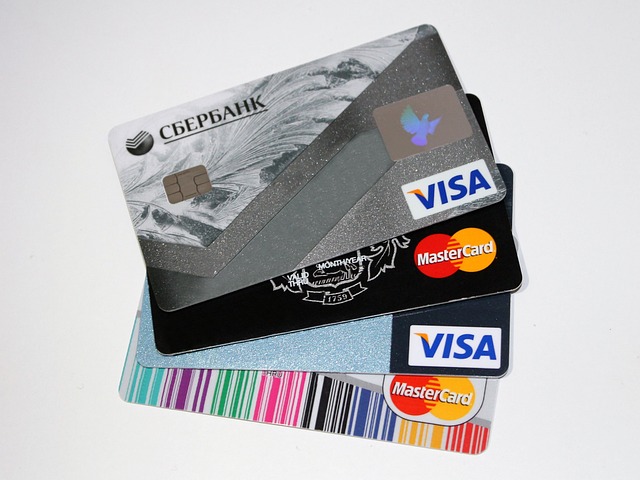A new consumer protection law went into effect on February 11, 2024. This new law will amend and clarify New York’s existing credit card surcharge law. The NYS Division of Consumer Protection assists aggrieved consumers in the marketplace and the New York State Attorney General and local governments have the authority to enforce the credit card surcharge law. The New York State Department of State’s Division of Consumer Protection recommends that interested localities review DCP’s Credit Card Surcharge Legal Update Letter for more information.
“New Yorkers should never have to deal with hidden credit card costs, and this law will ensure individuals can trust that their purchases will not result in surprise surcharges,” Governor Hochul said. “Transparency is crucial in building trust between businesses and communities and now patrons will be empowered to budget accordingly.”
The law, signed by Governor Hochul on December 13, 2023, provides greater transparency and protections for consumers by:
- Limiting credit card surcharges to the amount charged to the business by the credit card company; and
- Requiring businesses to post before checkout:
- the total price of an item or service inclusive of the credit card surcharge; or
- a two-tiered pricing option, which requires the credit card price to be posted alongside the cash price.
New York Secretary of State Robert J. Rodriguez said, “New Yorkers using credit cards have a right to know the total cost of the purchase, inclusive of any surcharge, before they reach the register. This new law signed by Governor Hochul will offer clarity and provide transparency to both the consumer and business owners about the surcharges when using a credit card.”
State Senator Jeremy Cooney said, “Transparency in pricing is critical so people can make informed decisions when spending their hard-earned money. Requiring businesses to disclose credit card surcharges helps consumers better understand the total cost. Thank you, Governor Hochul, for signing this bill into law to protect consumers.”
Assemblymember Amy Paulin said, “This new law protects New Yorkers from hidden surcharges by requiring sellers to clearly post the price of a credit card surcharge. Credit card surcharges now have to be disclosed clearly so that customers are fully aware of them upfront and not just when they go to pay. This is about transparency, fairness and preventing consumers from being misled when making purchases using credits cards. I thank Governor Hochul for helping protect New Yorkers.”
The following practices and examples comply with the law’s credit card surcharge notice requirements. See the Department’s Credit Card Surcharge Guidance Document and educational video for additional examples:
DO:
- The business lists the higher credit card price next to a lower cash price.
- The business lists the credit card price for items and services, then lets customers know they will receive a discount for using cash.
- The business changes all prices to the credit card price.
DON’T:
- The business posts a sign on the door and at the register stating an additional 3.9 percent surcharge will apply for credit card purchases.
- “This business has a 4 percent cash discount incentive built into all pricing. Any purchases made with a credit or debit card will not receive the cash discount and an adjustment in cost will be displayed on your receipt.”
- A convenience fee, service fee, administration fee, non-cash adjustment, technology fee, processing fee, etc., is charged to credit card users and added as a separate line item on a customer receipt.
- The price tag of an item shows “$10.00, + 4 percent if paying with a credit card.”
NOTE: This law does not apply to debit cards.
The Division of Consumer Protection provides educational assistance to consumers in how to protect themselves from unfair practices while also offering resources to the business community to help them comply with the law and prevent fraudulent and deceptive practices. After February 11, 2024, the law will permit local governments to join in the enforcement of this law, providing consumers with additional resources for compliance and providing local governments with broader opportunities to promote consumer protections for their citizens. If there are any issues related to credit card pricing at the register, DCP encourages consumers to:
- File a complaint with DCP to receive a refund of any excess fees paid to a merchant in New York State, or
- File a complaint with the Attorney General or participating local governments for enforcement of a merchant you believe violated the law.
About the New York State Division of Consumer Protection
The New York State Division of Consumer Protection provides resources and education materials to consumers, as well as voluntary mediation services between consumers and businesses. The Consumer Assistance Helpline 1-800-697-1220 is available Monday to Friday from 8:30am to 4:30pm, excluding State Holidays, and consumer complaints can be filed at any time at www.dos.ny.gov/consumer-protection.
For other consumer protection tips and consumer alerts, consumers can visit the DCP website or follow DCP on social media via Twitter at @NYSConsumer or Facebook at facebook.com/nysconsumer.

